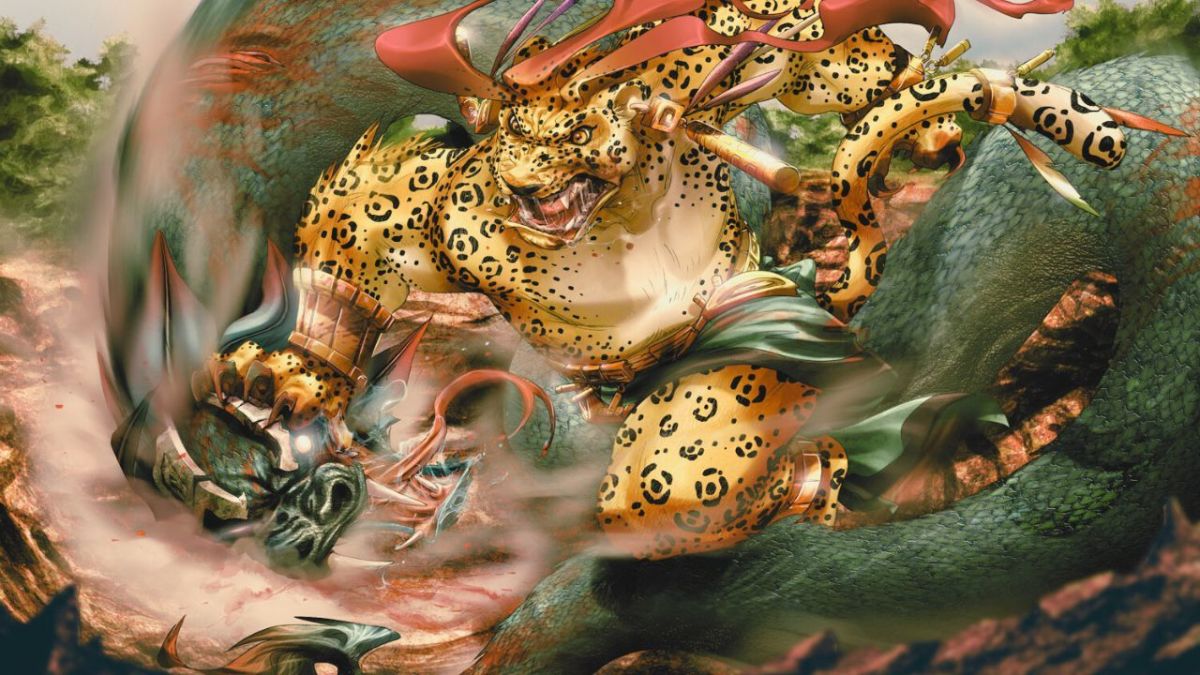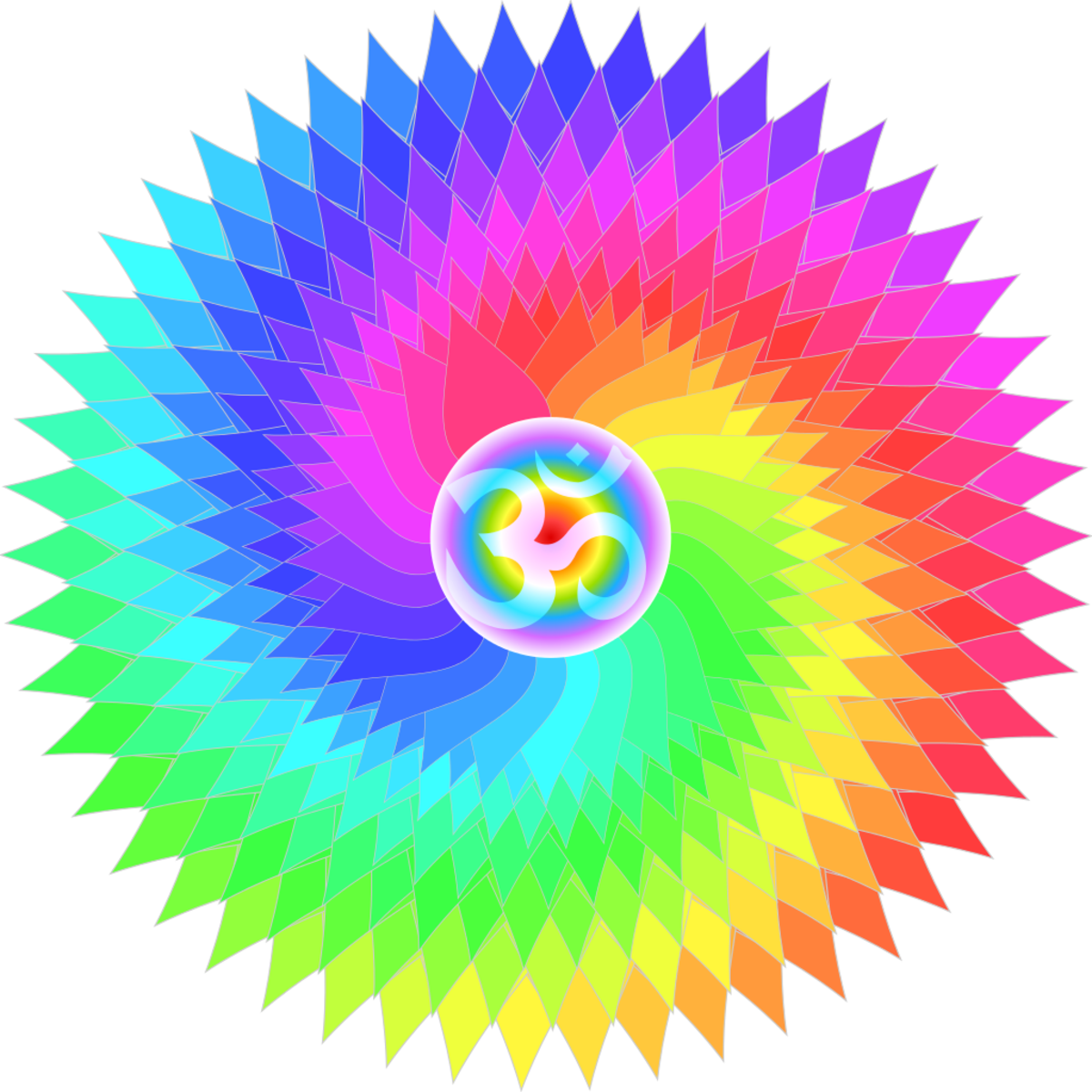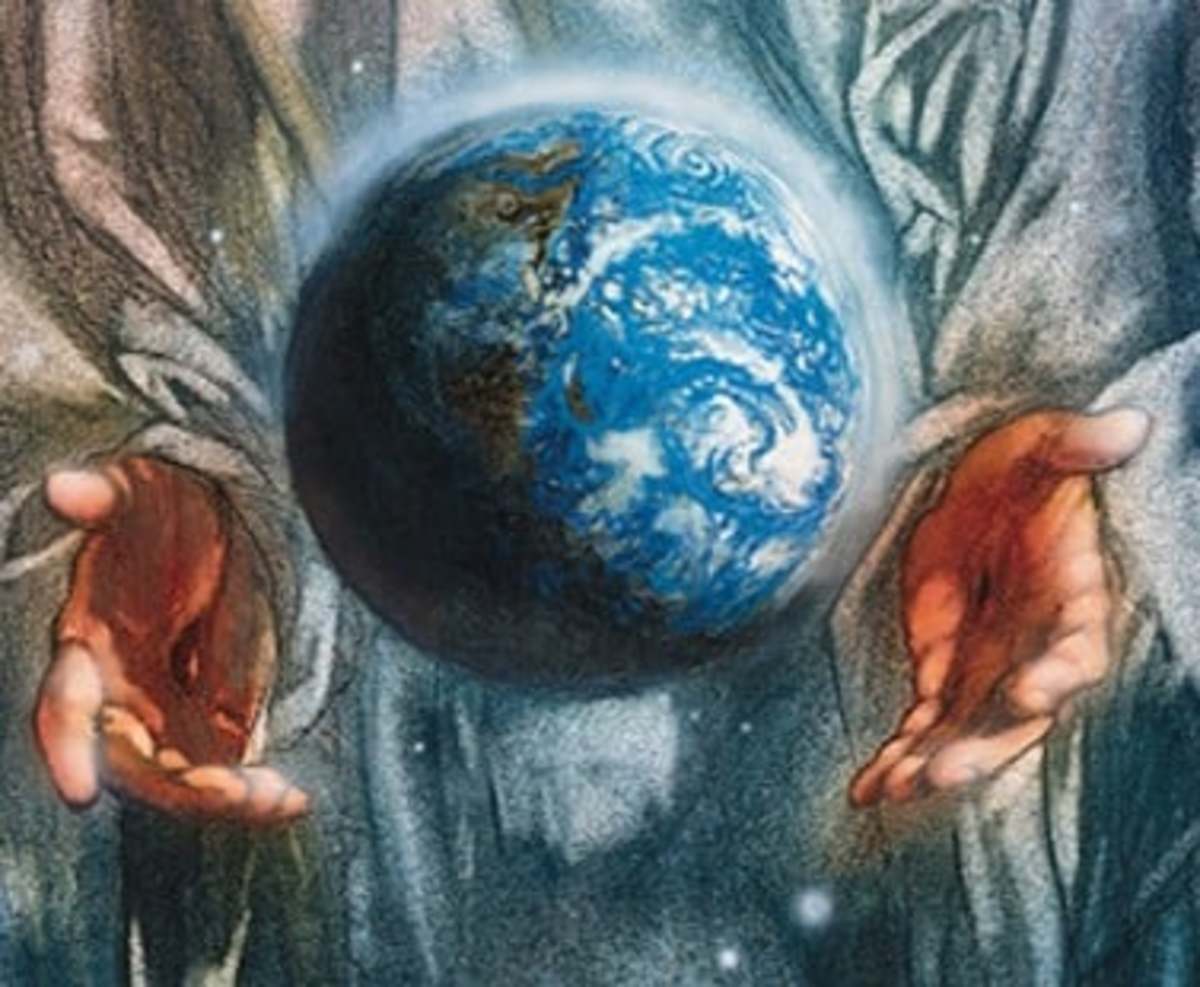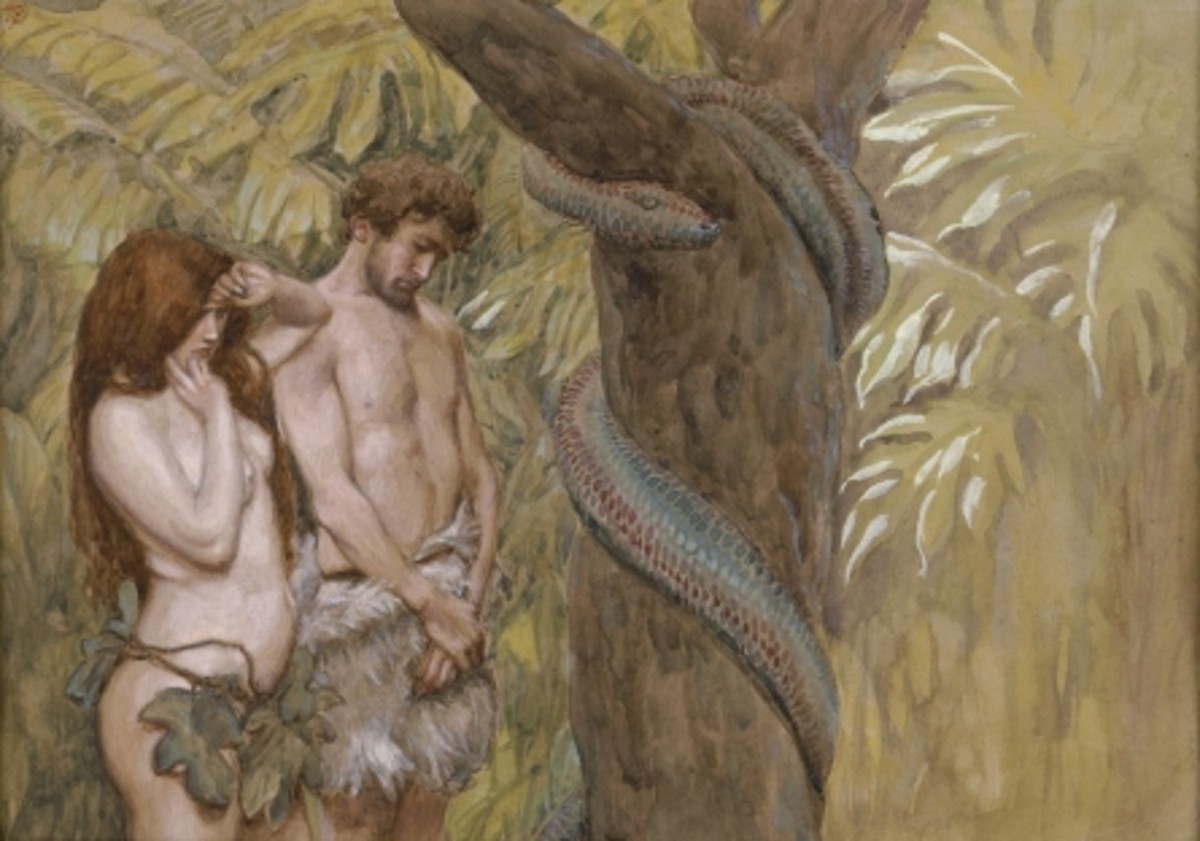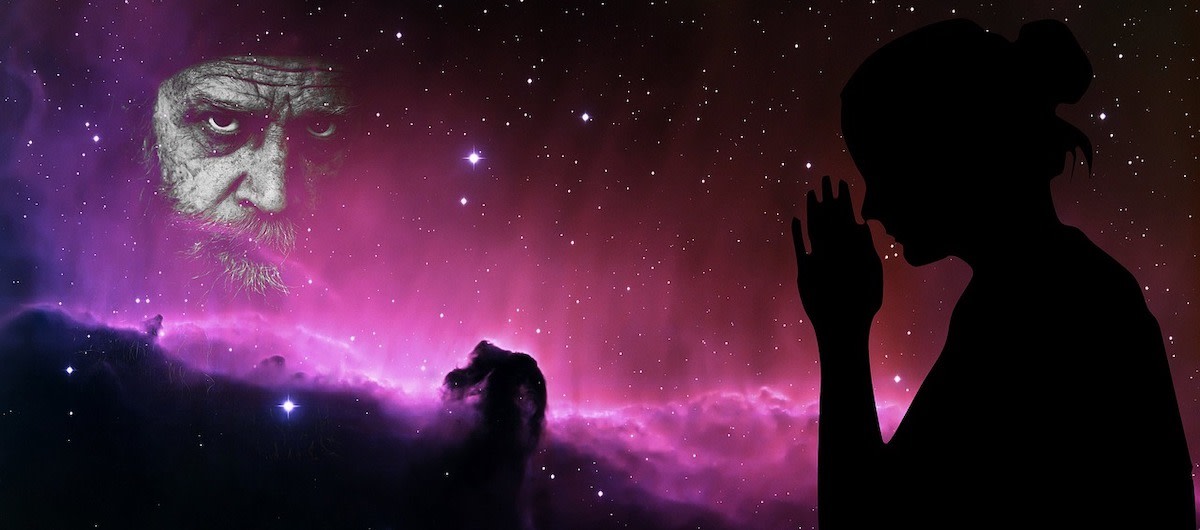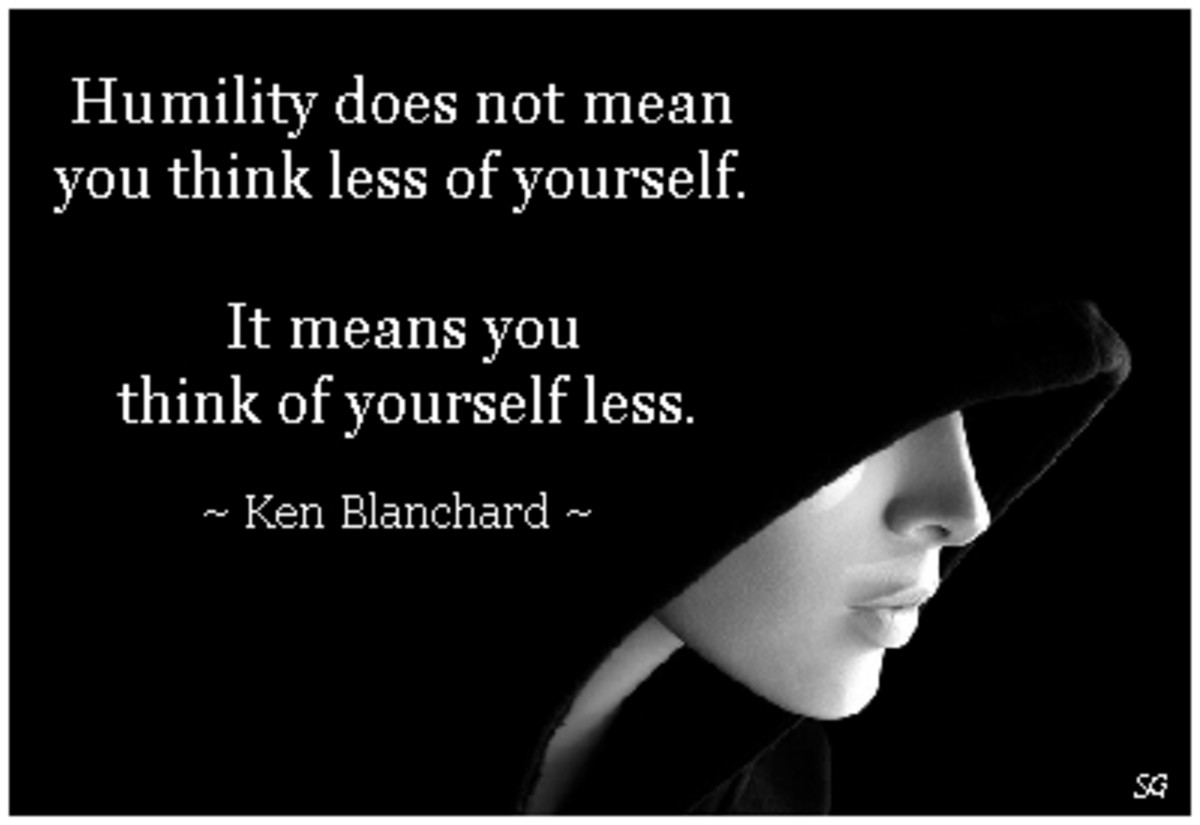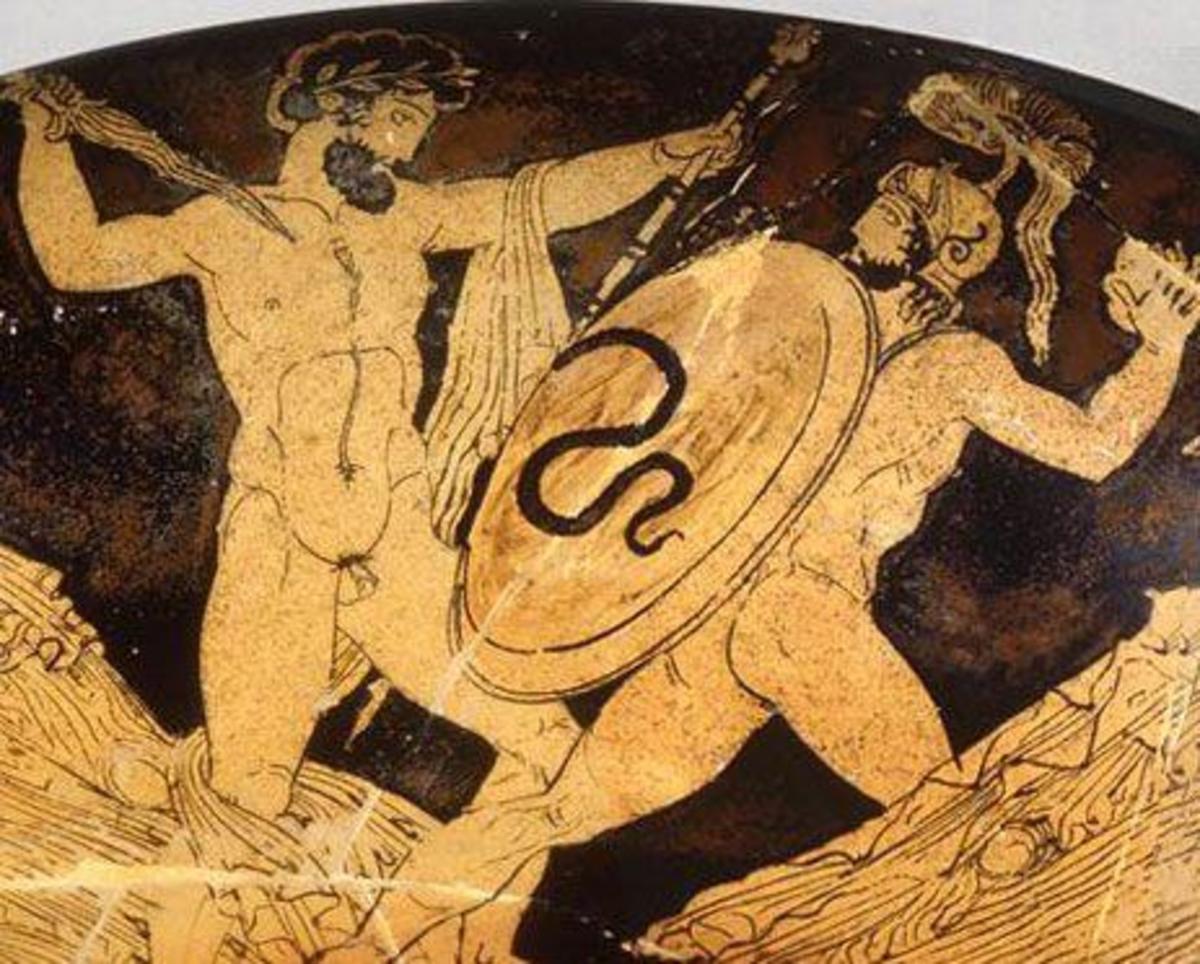John Scotus Eriugena on God
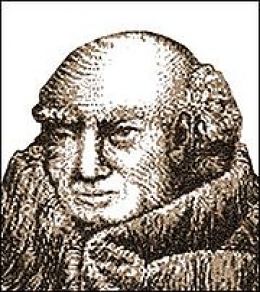
According to John Scotus Eriugena god is no-thing. He is beyond Being and Non-being, and he has no essence. Therefore, he is nothing and beyond any definition that we create. The reason he cannot be seen by various contrasting categories such as Good vs. Evil is because god is unified and has no difference in him. “If therefore the aforesaid Divine Names are confronted by other names directly opposed to them, the things which are properly signified by them must also of necessity be understood to have contraries opposite them; and therefore they cannot properly be predicated of God, to Whom nothing is opposed.” (p.605, Bosley). God is not nothing, “we are not to understand by nothing the absolute privation of essence, substance, and accidents, mere nothingness, nihil de nihilo, but the excellence of the Divine superessentaility.” (p. 34, Bett).
If god created the primordial causes such as Forms, then he created the Form of Good, and thus in us through participation in that Form we have goodness. However, that means that god is beyond Good, he is more than the Form he created. Scotus does not suggest that god is both evil and good, or super evil and super good. There is no form of Evil. Nor does he deny the existence of evil either. Evil is found in the “irrational motion of the free will, and this cannot be properly referred to the free will, for the irrational motion is not properly relative to the free will, but contrary to it.” (p.68, Bett). And this “perverse motion of the rational soul, which leaves the Creator, and turns to the lustful love of material things, which is evil.” (p.69, Bett). Yet, it does seem that if everything is god, including our free will, then it should not even be possible that we should use it for evil. According to Bett, Scotus offers another alternative to what evil is, in order to somehow reconcile it with his monism. This alternative states that what appears to be “evil, misery, retribution, as seen in part of the universe, is not evil, misery, not retribution, as seen in the whole.” (p. 148, Bett). Thus what we believe is evil does not really exist, nor can it since all that exists is really god.
God is beyond all Aristotelian categories and beyond being. We cannot ask what god is, because he is no-thing and “God knows only that He is.” (p. 617, Bosley). We cannot inquire to god’s nature by asking “What? How great? Of what kind? In relation to what? Is it in place? Is it in time? Does it act, or is it acted upon?” (p. 619, Bosely). These questions “can properly be considered only in things which are shown to fall within the scope of the intellect or sense. For if you ask what He is will you not be asking a proper defined substance?” (p. 619, Bosley). If god knew what he was he would have defined himself specifically, yet it is not possible to limit that which is infinite by such a definition. Thus “it surpasses everything that is, since it is not even being but all being derives from it, and by virtue of its excellence it is supereminent over every essence and every substance.” (p. 620, Bosley). If you picture the universe and then subtract all the matter and all the forms, you might be left with a mental image of a bubble filled with space, time and natural laws. If you take away space, time and natural laws from that picture, that is where you will find god. Indeed it is hard to imagine let alone define such an entity.
Since nothing exists outside of god, everything is created out of god. God, however, does not shift from not-making to making. His action of making is co-eternal with his existence and necessary. Therefore, “Him being is the same as making.” (p. 606, Bosley). There is no distinction between maker, making and made. Creation, in this view, is not a choice made by god’s free will, but a necessary process of creation that emanates from god. Henry Bett, author of “Johannes Scotus Erigena” suggests that god according to Scotus creates because he is good; “since God is good, He could not refrain from the creation of what is good- good, that is, not in and through itself, but in and through Him.” (p. 34, Bett). Yet, this would suggest god is good, rather than beyond the concept of good which he also created. Either way, god creates necessarily. Much like a pebble dropped into a pond, the universe is the ripples that necessarily are created.
Matter does not exist outside of god, for if he did not create matter, it would imply that he was limited by the raw materials available and also that something beyond himself is co-eternal with him. Scotus cannot allow that, since for him the universe is a monism all embedded within the being of god itself. God “does not require some other matter which is not itself in which to make itself,” (p.621, Bosley). “Matter, therefore is really a combination of incorporeal qualities. It is form which constitutes and contains all material bodies, and form is incorporeal. Matter, apart from form, could not be known by the senses.” (p. 46, Bett). Matter is rather like congealed form, “Yet form and color cannot appear of themselves, but only as attached to matter, and matter, without form or color, is invisible and incorporeal.” (p. 47, Bett). Scotus “steadily identifies the world of thought with reality and the world of matter with appearance.” (p. 127, Bett).
It could be said that god is the process of creation. God, however, was not created out of nothing. He is infinite, and thus his creating process is also infinitely occurring. Scotus also developed the idea of the return to god. For that which is caused yearns to be one with the source again. Unlikely that it would ever all be brought back to god, since that would imply he would stop creating. Certainly god cannot destroy, for destruction is the negation of creating, and the nothing of being, which would be considered evil. Destruction in our world, is not true destruction, it is re-creating or changing. If all were to be unified once more though, that would be to stop creating and this natural process is denying or negating his own nature.
Within this monism of god, we have a static foundation to reality, since god does not change and likewise everything is eternal in god. For if god is constantly emanating creation, and creation is co-eternal with him, we could picture him emanating each moment of time, a static slice of reality. We on the other hand perceive a link between each now god creates. As there is no time, nothing really moves. With Scotus we find a definition of time that states time is part of the temporal world and is linked to motion and the process of things coming into being and going out of Being. Thus something we perceive and experience but just as much of an illusion as matter. Created by god but not necessary. In god however, there is no motion and no time. Nothing “is before or after with God, for there is no past or future with Him, nor any medium between past and future, but all is at once to Him.” (p. 32, Bett).
For Scotus we find a god that necessarily creates existence out of himself. Since everything is One, there is no distinction between creator, creating and created. Fundamentally, all things created are god. God is beyond all definitions, and is more accurately seen as nothing, as is everything he creates. God is no-thing; he is not a ‘what’, for he is beyond every definition and every idea of our reality.
If god is formless, matter-less and yet is the foundation of all being then what is Being really? An illusion? A dream? A fragile thing indeed. Yet like a dream, all objects appear to be real, distinct and tangible but are all manifestations of a mind. I cause my dream world to exist and I am the foundation of their being. Just because we are made out of god and essentially are god does not mean we would have any awareness of the godness within us. What we perceive to be is but the appearance of the reality. Matter came from a god that has no essence or substance and therefore is really nothing. We are a “divine apparition” (p. 622, Tweedale). His concept of god reminds me of a process, energy or force; one that is uncaused, creates all that is, sustains all that is, and is all that is and yet cannot be understood. So “in all things from the highest to the lowest, ever eternal, ever made, by itself in itself eternal, by itself in itself ever made. And while it is eternal it does not cease to be made, and made it does not cease to be eternal.” (p. 621, Bosley).
Notes
Bett, Henry. “Johannes Scotus Eriugena” Hyperion Press 1925
Bosley, Richard and Tweedale, Martin “John Scotus Eriugena” Basic Issues in Medieval Philosophy Broadview Press 1997


